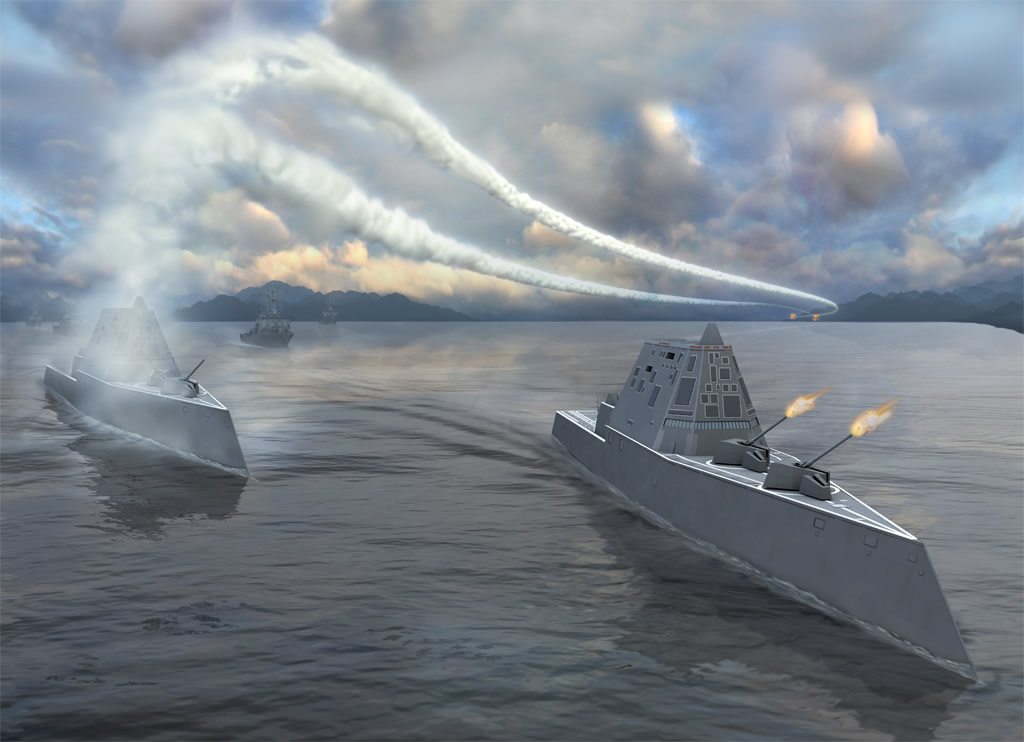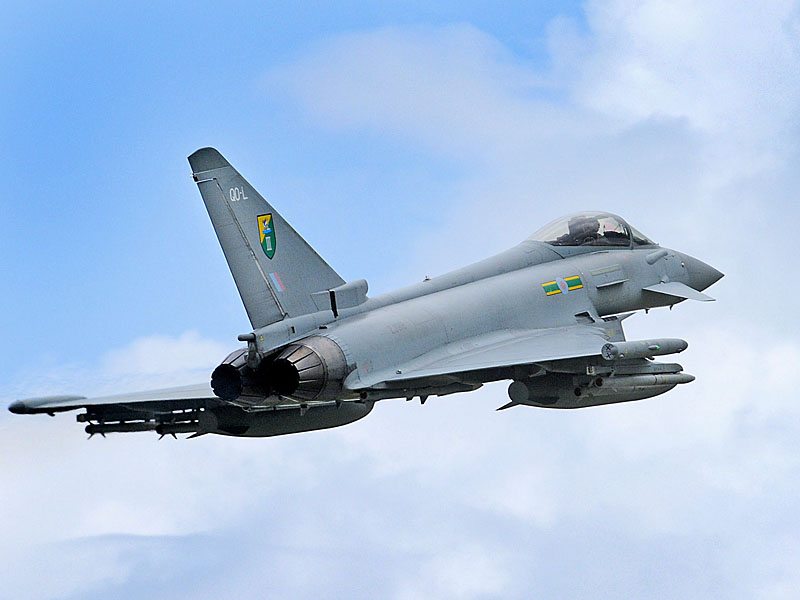Raytheon has completed the shipboard installation of the Cobra Judy Replacement program’s X- and S-band antennas onto the USNS Howard O. Lorenzen (T-AGM 25). These massive active phased-array antennas, each weighing more than 500,000 pounds, were installed onto the ship at Kiewit Offshore Services (KOS), Corpus Christi, Texas.
“This is a significant chapter in Raytheon’s extensive legacy in large-scale active phased-array radars,” said Raytheon Integrated Defense Systems’ (IDS) Kevin Peppe, vice president of Seapower Capability Systems.
“The Cobra Judy Replacement program marks the first shipboard integration of a true dual-band active phased-array radar suite – a major milestone for both the U.S. Navy and our industry team.”
The mission of the CJR program is to provide the government with long-loiter ballistic missile data collection capability. Its dual-band radar suite consists of X- and S-band phased-array sensors, a common radar suite controller and other related mission equipment.
All of CJR’s mission equipment has now been installed onto the ship, and Raytheon is proceeding with shipboard dual-band radar integration and testing per the program plan.
Raytheon is the prime contractor for the CJR mission equipment and principal on an industry team that includes Northrop Grumman Electronic Systems, General Dynamics SATCOM Technologies, VT Halter Marine and KOS.
The team has been a model of collaboration, focused on the delivery of a high-performing shipboard radar capability that the U.S. Navy can rely upon as a critical fleet asset.
Prior to installation onboard the Lorenzen, the X-band and S-band arrays were installed and integrated into their enclosures.
Raytheon also successfully simulated the processing of dual-band data through the common back end as it was installed. The common back end is the core integration technology that coordinates the two radars. All of the ship’s major hardware has now been installed.
Work on the CJR program is primarily performed at Raytheon IDS’ Surveillance and Sensors Center, Sudbury, Mass.; Northrop Grumman Electronic Systems, Baltimore, Md.; and Kiewit Offshore Services. The T-AGM 25 ship was built for the Navy by VT Halter Marine, Pascagoula, Miss.











